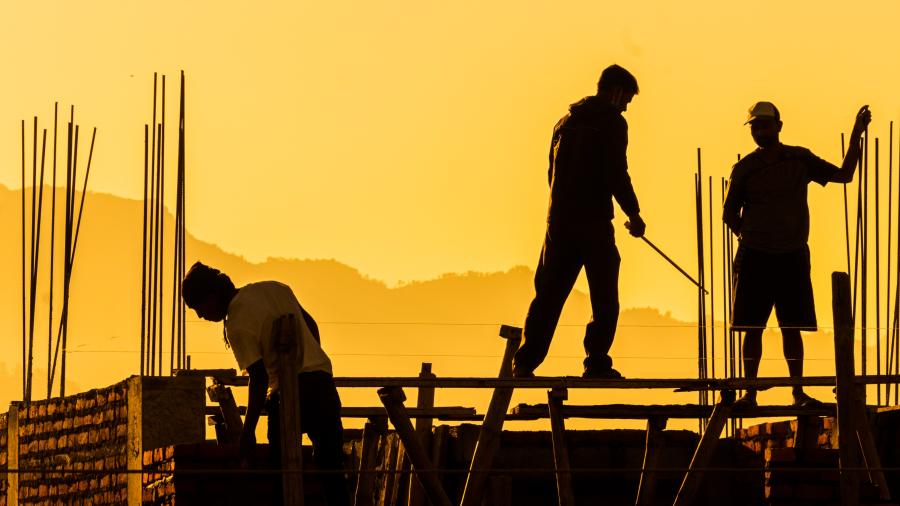
The Center for Work and Democracy was founded with a sense of crisis in mind. The United States is experiencing historically unprecedented levels of inequality. Many of our institutions are unable to perform their functions while others have become simply parasitical. The promise of affluence is being hoarded by people who are already affluent. The social solidarity necessary for both democratic and market institutions to function is in steep decline. Our collective response is to parse questions of who deserves inclusion and care--who is “worth it”--rather than invest in the social, institutional, and physical infrastructure that can sustain collective well-being. Those who don’t make the grade are neglected, or worse, expelled from the social body and polity. Naturally, political extremism is on the rise.
A central driver of this crisis is that working people have been politically and economically marginalized. Institutions that were once a home for working people to act collectively—unions, churches, associations, and local politics—have all either been transformed or are in steep decline. Others that reflected the culture and views of working people—including music and journalism—are increasingly controlled by the affluent and privileged or corporations more concerned with profit that enabling an outlet for expression. In this context, people increasingly rely on family—which has itself become a venue for parasitical profit—and media for connection and support. We are not just in a moment of crisis, the resources that might be used for renewal are being consumed faster than they can be replenished. Dealing with civilizational challenges like climate change, geopolitical transformation, or other systemic challenges is nearly impossible in this context.
Addressing these challenges ultimately requires making society more inclusive and building institutions that ensure the affluence that is collectively generated is distributed collectively. This will not happen without mobilized working people. Therefore, building a more inclusive and democratic society will ultimately depend upon rebuilding institutions and organizations that reflect the values and aspirations of working people. Unions have a central role to play in any positive rebuilding of social solidarity and a more inclusive society, but they can’t do this on their own. We need cultural and journalistic institutions that reflect the values of working people. We need parties that treat working people as a valued constituency rather than simply votes to be harvested in the service of elite agendas. We need a broad array of working peoples’ organizations to re-center the majority of the population that has been pushed to the margins of American life.
With crisis comes opportunity. Faced with exclusion and marginalization, working people are taking control of their own fate. This is marginal, for the moment. But the commitment, originality and enthusiasm that is necessary to reconstruct American life to be more inclusive and democratic is evident. An “eclectic” labor movement is emerging (h/t Cedric De Leon) that is better adapted to the challenges of the moment. Young people are not buying the false promise of debt-financed social mobility and are attracted to institutions of collective power to a degree that hasn’t been seen in generations. Ballot initiatives show that if policy is divorced from partisan agendas majorities will vote to preserve abortion rights, raise minimum wages, limit predatory debt, expand Medicaid, and enfranchise felons. Abandoning the urban policy palette that relies on capturing mobile capital, communities like Jackson, Mississippi, and Cleveland, Ohio, are attempting to build enterprises that contribute to communal wealth rather than that of shareholders. Recognizing that the National Labor Relations Act is a disempowering trap for working people, some unions and activists are experimenting with new approaches to union-building. Before it was captured by politicians and nonprofits, the George Floyd Uprising demonstrated profound anger at unaccountable police and demonstrated extraordinary
creativity in generating alternatives.
At the Center for Work and Democracy, we try to support these efforts with research, but also by
supporting activists and organizers directly. We want to help incubate the ideas that can sustain a labor movement, with the emphasis on movement, but other movements of working people as well. If you are interested in doing that too, we would like to meet you, support your work, and figure out how we can all keep rowing in the same direction.
Michael McQuarrie
Director, Center for Work and Democracy